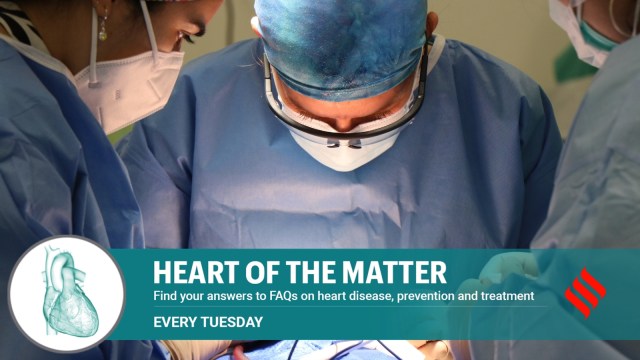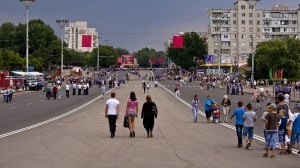How AI can hasten heart transplant recovery with no blood transfusion or loss
Technology analyses blood coagulation factors every 10 minutes, giving an almost real-time picture of how the blood is reacting in the body prior, during and post-surgery. This allows surgeons minimise blood loss and organ rejection
 How AI can hasten heart transplant recovery with no blood transfusion or loss. (Representational image via Canva)
How AI can hasten heart transplant recovery with no blood transfusion or loss. (Representational image via Canva) A 52-year-old man from Jodhpur, a foodie suffering from hypertension and stress over the years and who had two heart attacks in rapid succession in 2012 and 2015, had reached a stage of heart failure. But now with AI-assisted technology, he has had a heart transplant that cut down the need for blood transfusion and hence the chances of infection and unnecessary bleeding.
He has now become the first Asian to undergo a heart transplant without a blood transfusion, claims Marengo CIMS Hospital, a private hospital in Ahmedabad.
A key component which made this surgery possible was a point-of-care analysis technology that analyses the blood coagulation factors every 10 minutes, giving an almost real-time picture of how the blood is reacting in the body prior, during and post-surgery. The technology is relatively recent and world over, a few centres have adopted this technology. In the US, earlier in April this year, Massachusetts General Hospital completed a similar heart transplant for a Jehovah’s Witness patient. Religious consideration for a Jehovah’s Witness means they cannot accept donor blood.
How is a transplant possible without blood transfusion?
The first step involves detailed and minute evaluation of blood coagulation factors prior to the transplant surgery at the pre-operative stage. This is critical, according to Dr Dhiren Shah, Director of the Heart Transplant Programme at Marengo CIMS Hospital. He was part of the team that conducted the transplant surgery, “Any patient of heart failure will have liver and kidney dysfunction. Since a majority of the blood coagulation factors are synthesised in the liver, it is crucial to check for deficiencies or any issues in these factors,” he explains. There are 10 such factors such as fibrinogen and thromboplastin, that work together. So if one factor activates, it has a cascading effect on the other factors for blood clotting function to be normal.
The idea is to rectify such deficiencies in the blood coagulation factors, if any, prior to the surgery. “Aiding the surgeons in this blood analysis is an artificial intelligence-aided technology,” says Dr Shah.
During the surgery, blood thinners such as heparin are given and the AI-aided technology monitors the blood coagulation effect every 10 minutes and flags in case any course correction is required. This too is essential as not monitoring the same can lead to severe bleeding or blood clotting.
This particular patient fortunately had a “fairly good liver function.” The surgical team also modified their surgical techniques and ensured that once the donor heart reached the operation theatre, it was transplanted and the sutures on the recipient were closed within an hour.
Is a transplant without blood transfusion better?
Yes, says Dr Shah. A usual heart transplant surgery can require up to four to five units of blood and this transfusion in itself is a transplant with donor blood cells entering the body of the patient. So the patient essentially undergoes two transplants — one of the organ and second of the blood — both having chances of being rejected and/or causing further complications.
Elaborating on the benefits of going for a transplant surgery without blood transfusion, Dr Shah says, “Any surgery with massive blood transfusion means the chances of morbidity and mortality are as high as 25-35 per cent because this can have an effect on the lungs and kidneys where they can sequestrate and end up causing inflammation.”
Blood transfusion can also result in transmission of infections which may not be detected during usual medical investigation. Besides, recovery period reduces, reducing the length of stay in hospital and associated costs.
While a usual heart transplant patient would require 14-15 days, this patient could be discharged on the ninth day and the recovery was smoother as well. However, it is possible that despite the point-of-care analyses, blood transfusion may be required in case of surgical or medical bleeding.



- 01
- 02
- 03
- 04
- 05




























